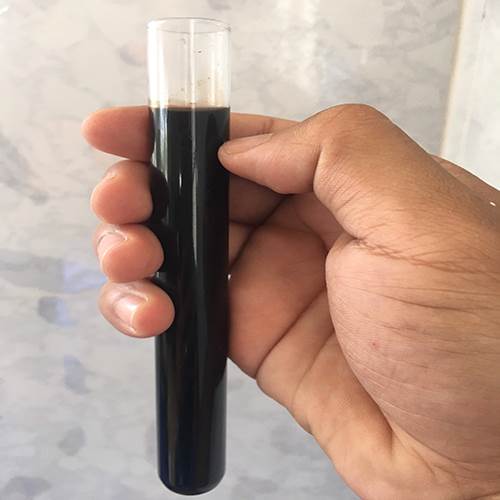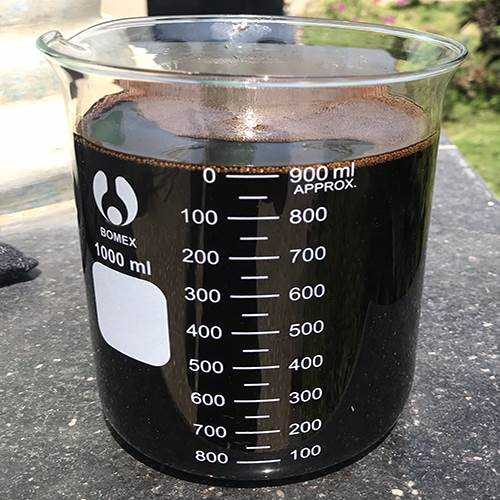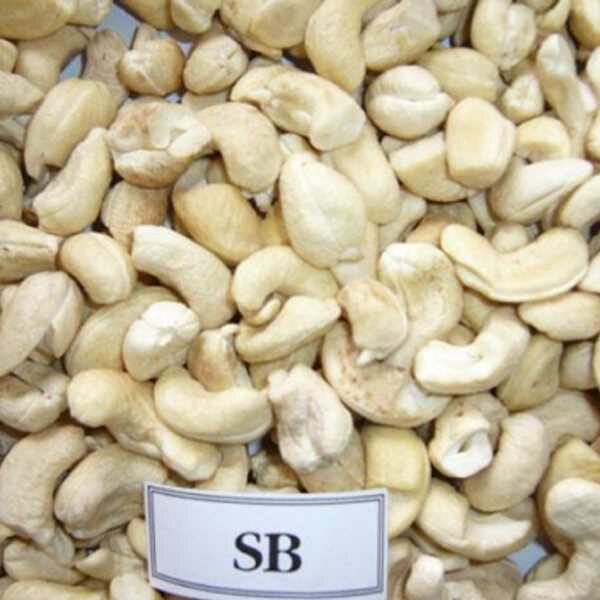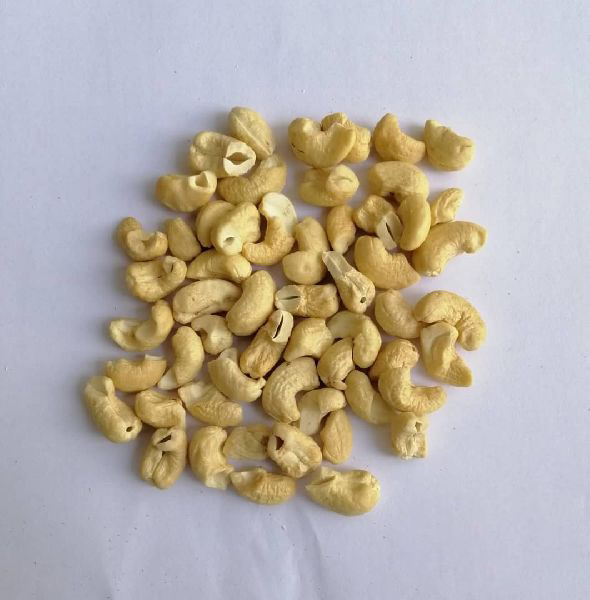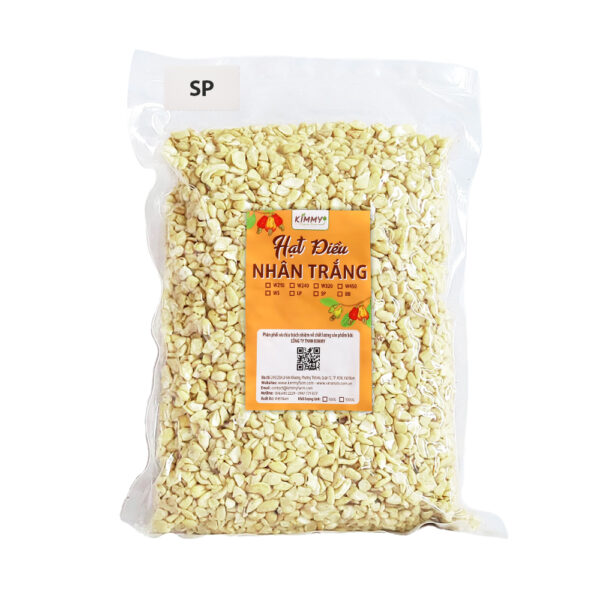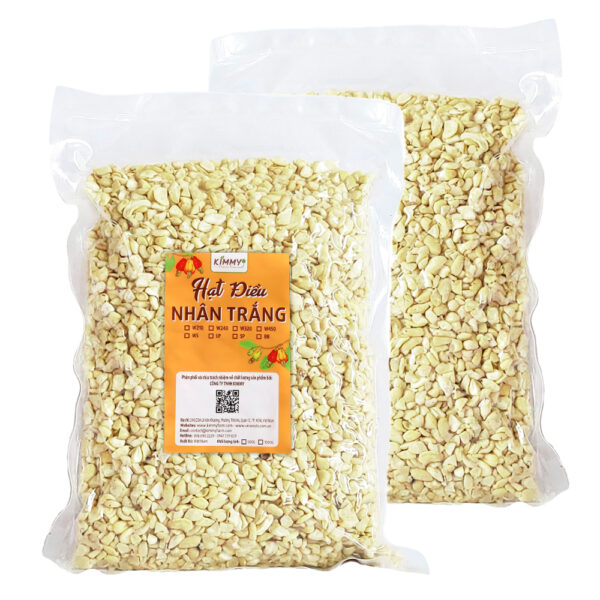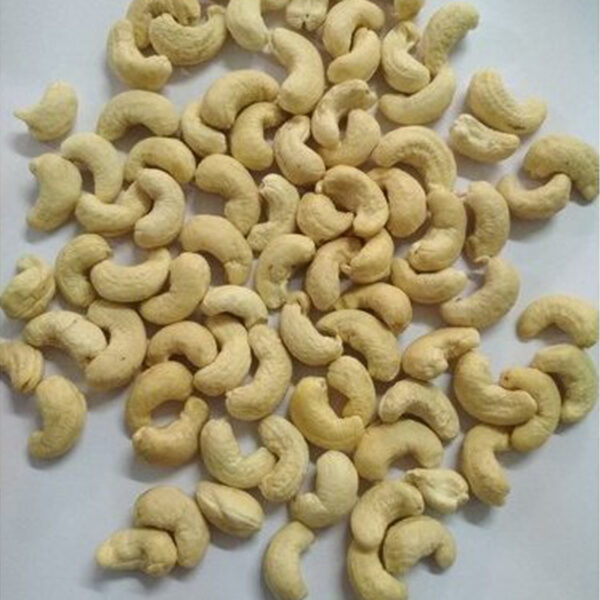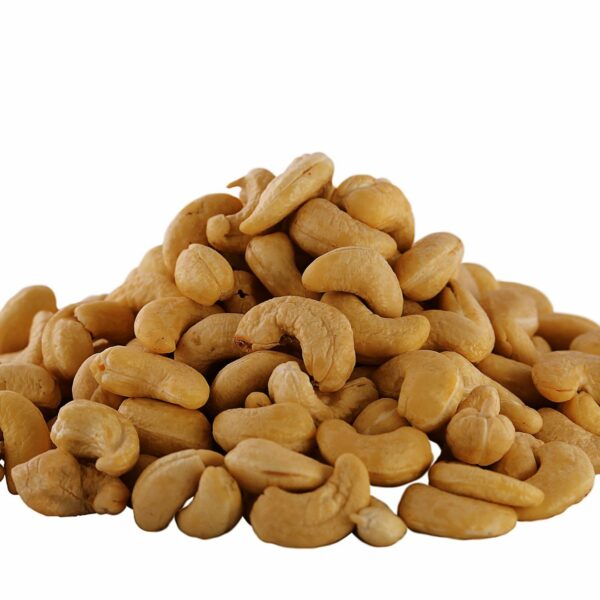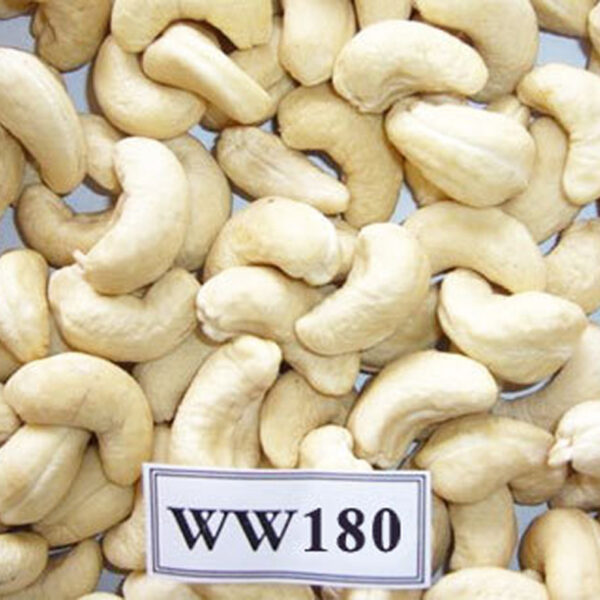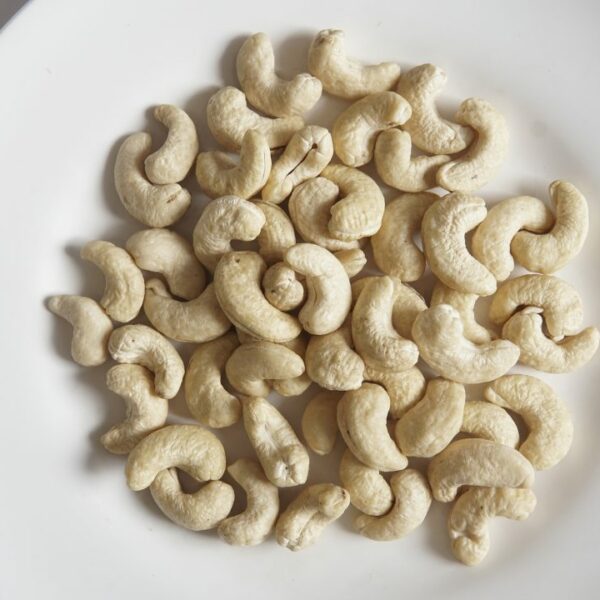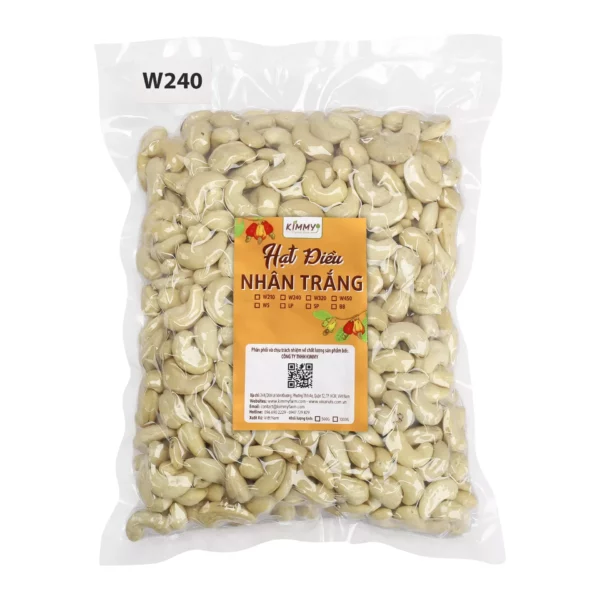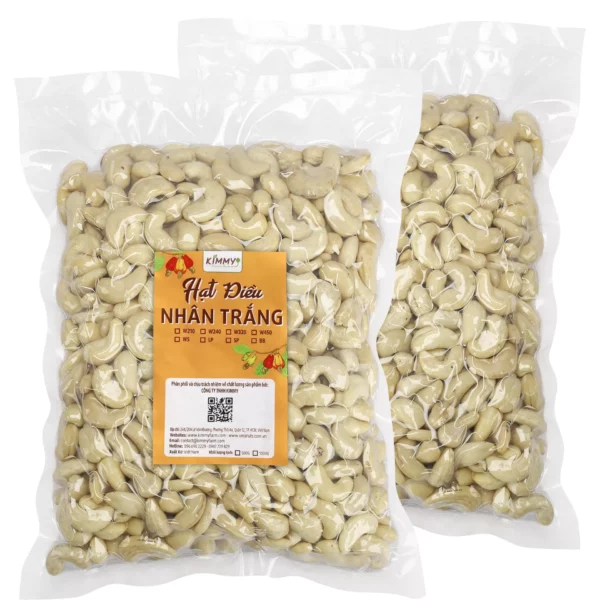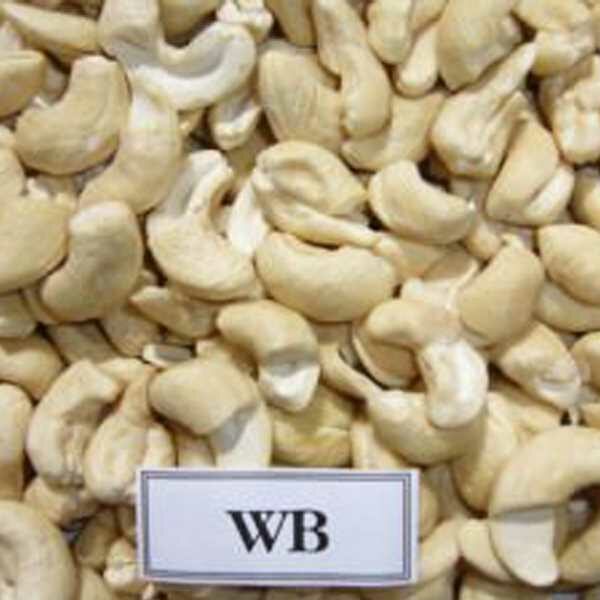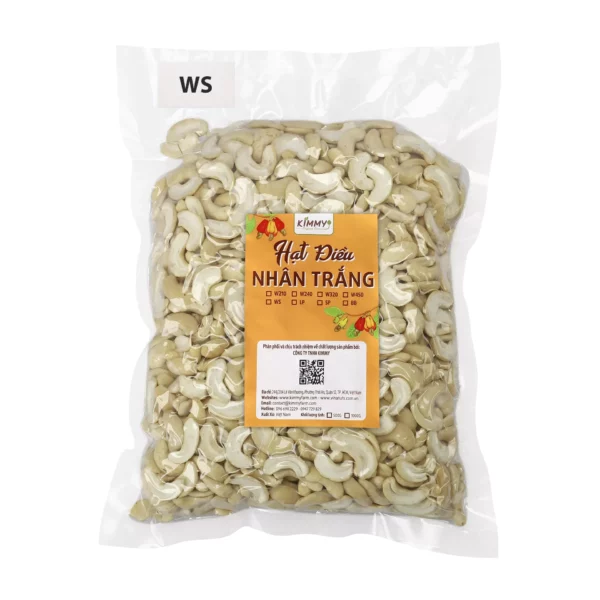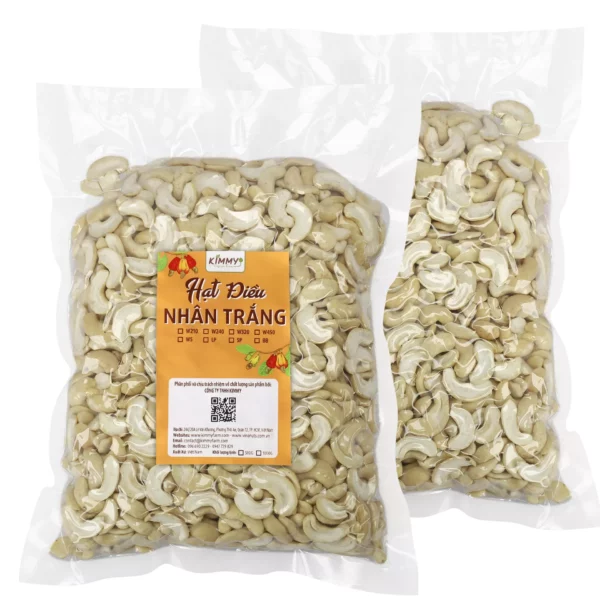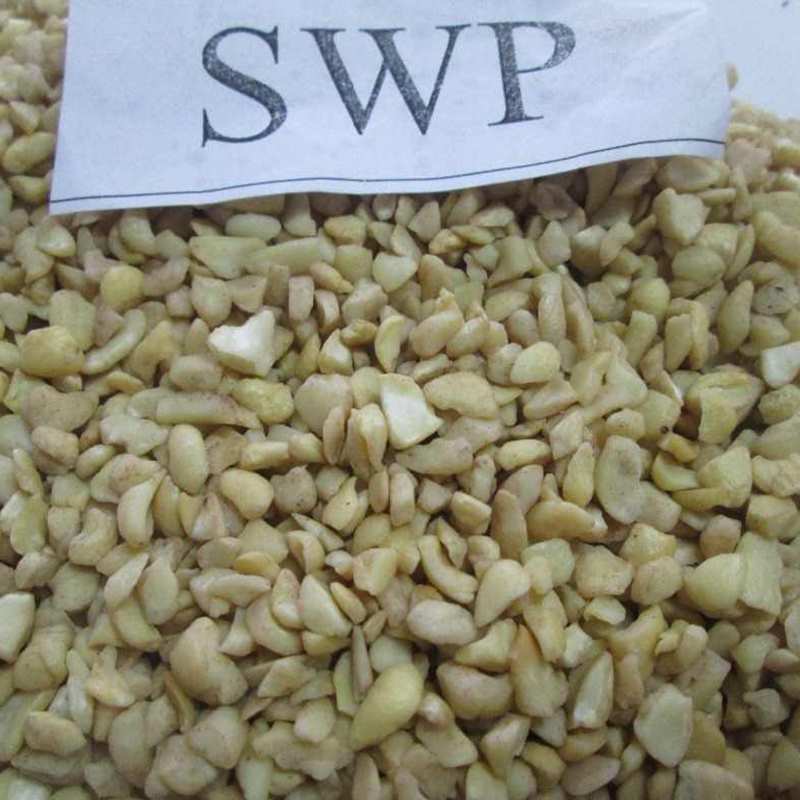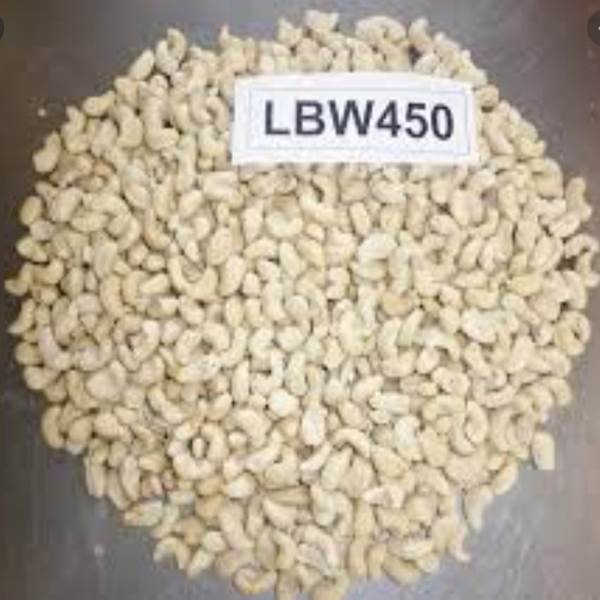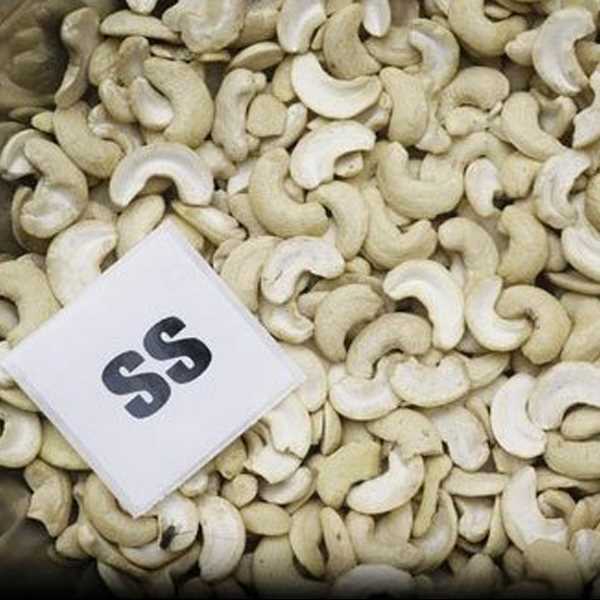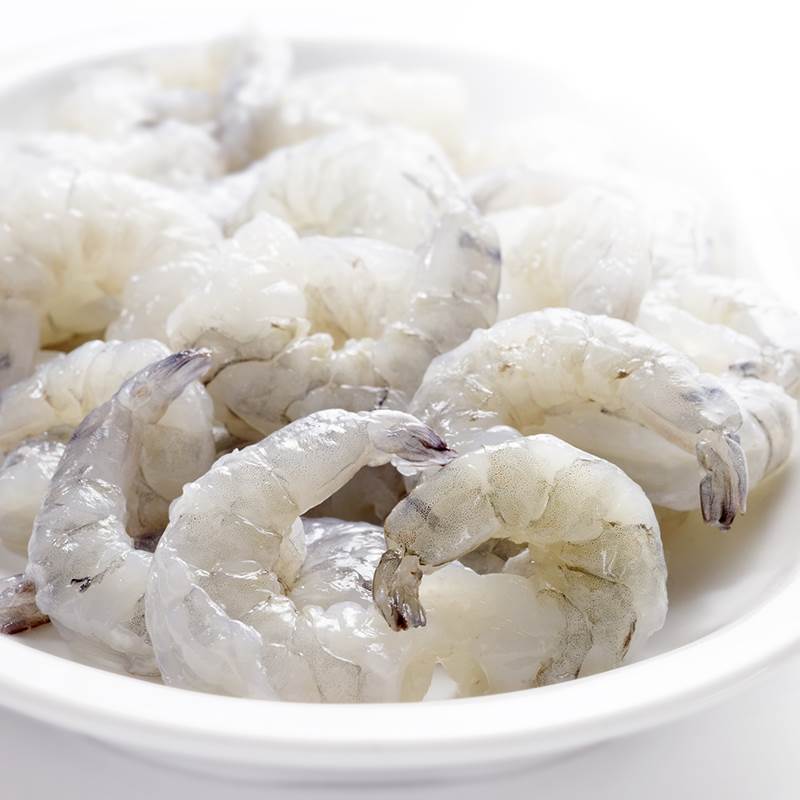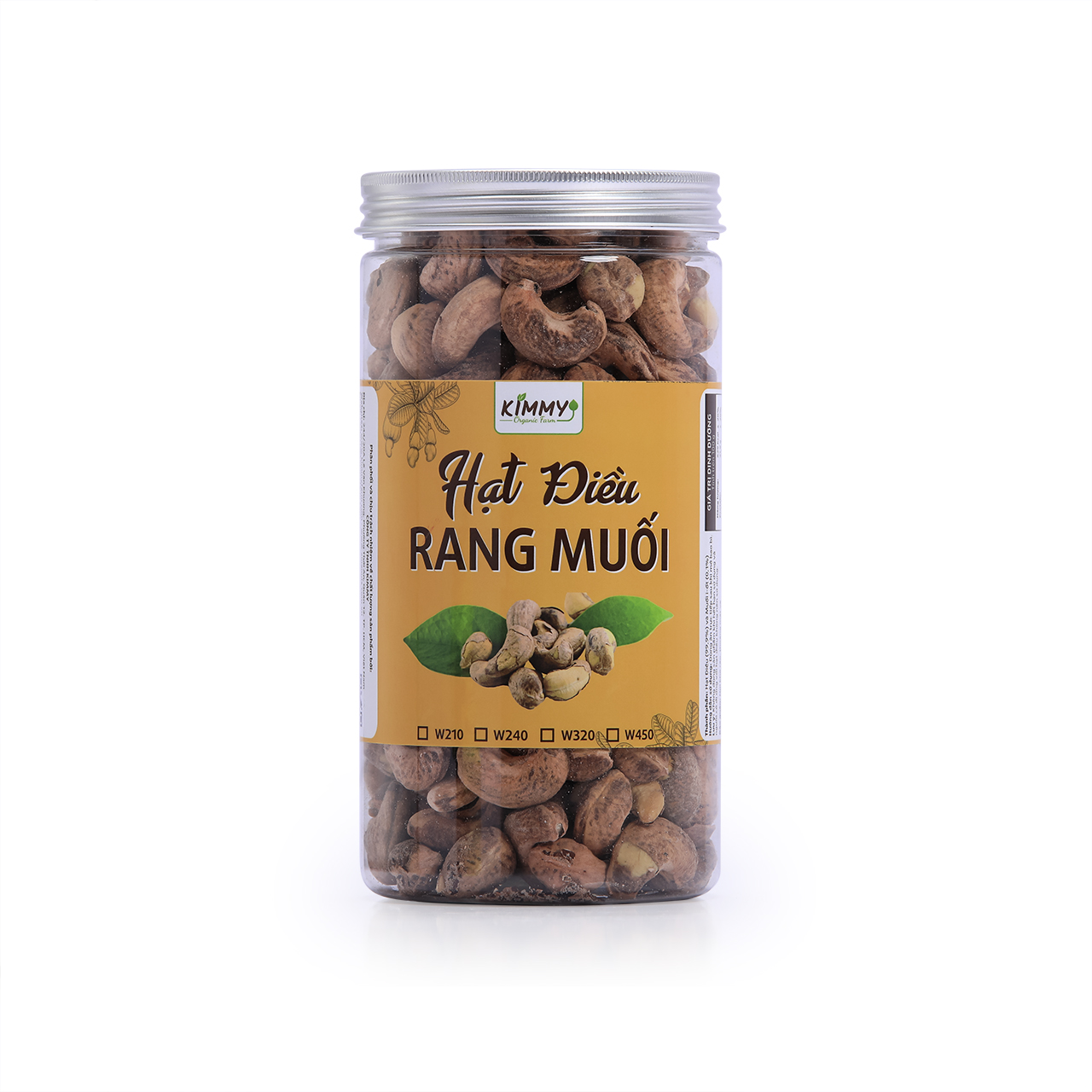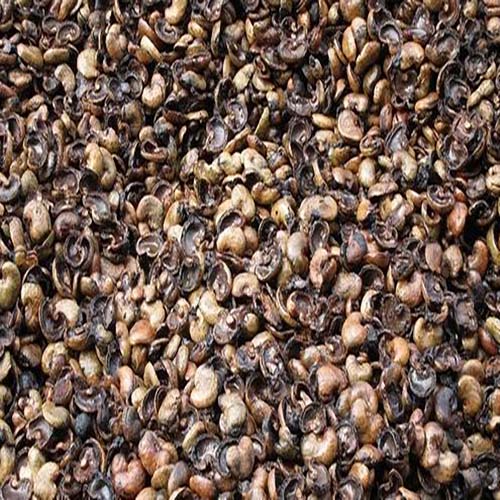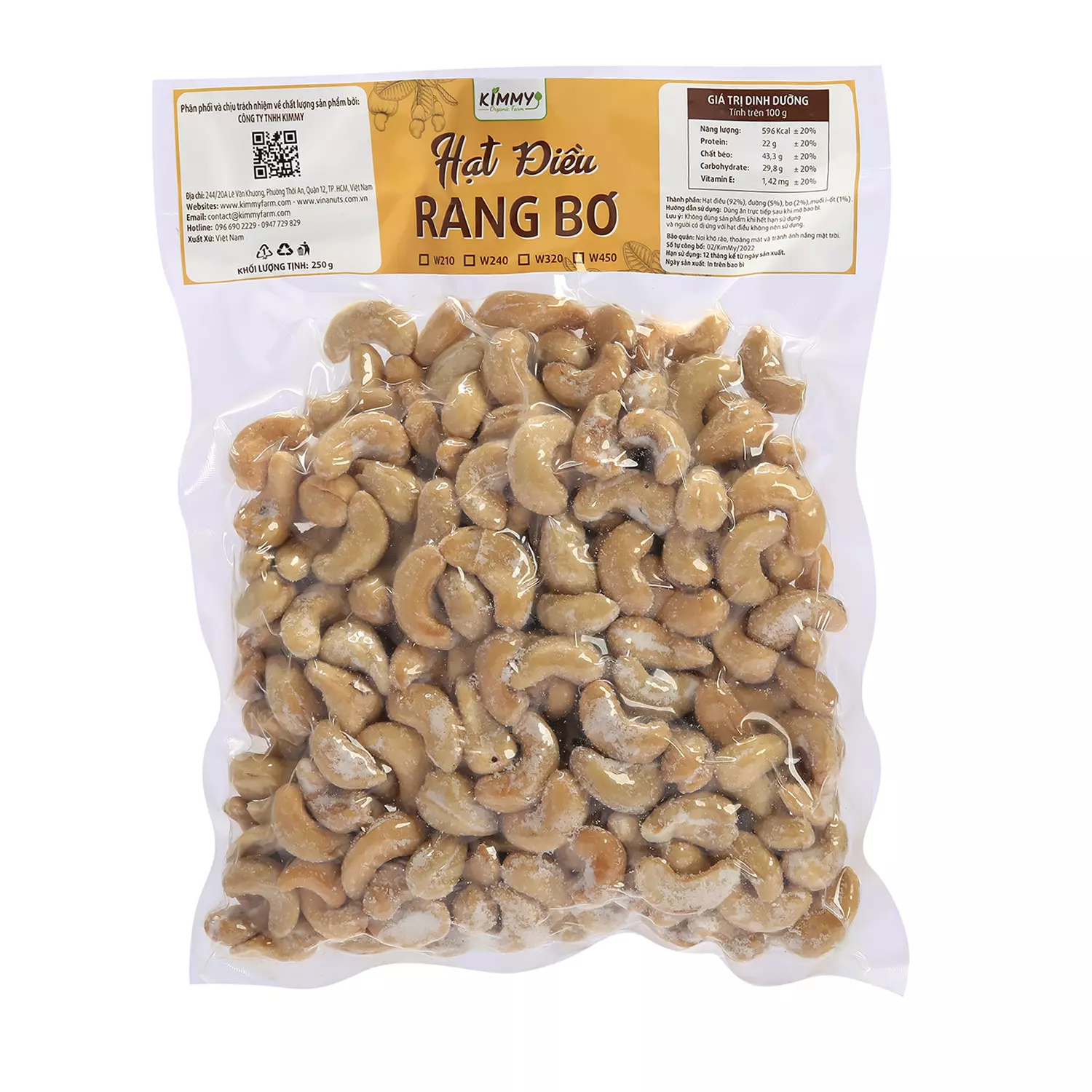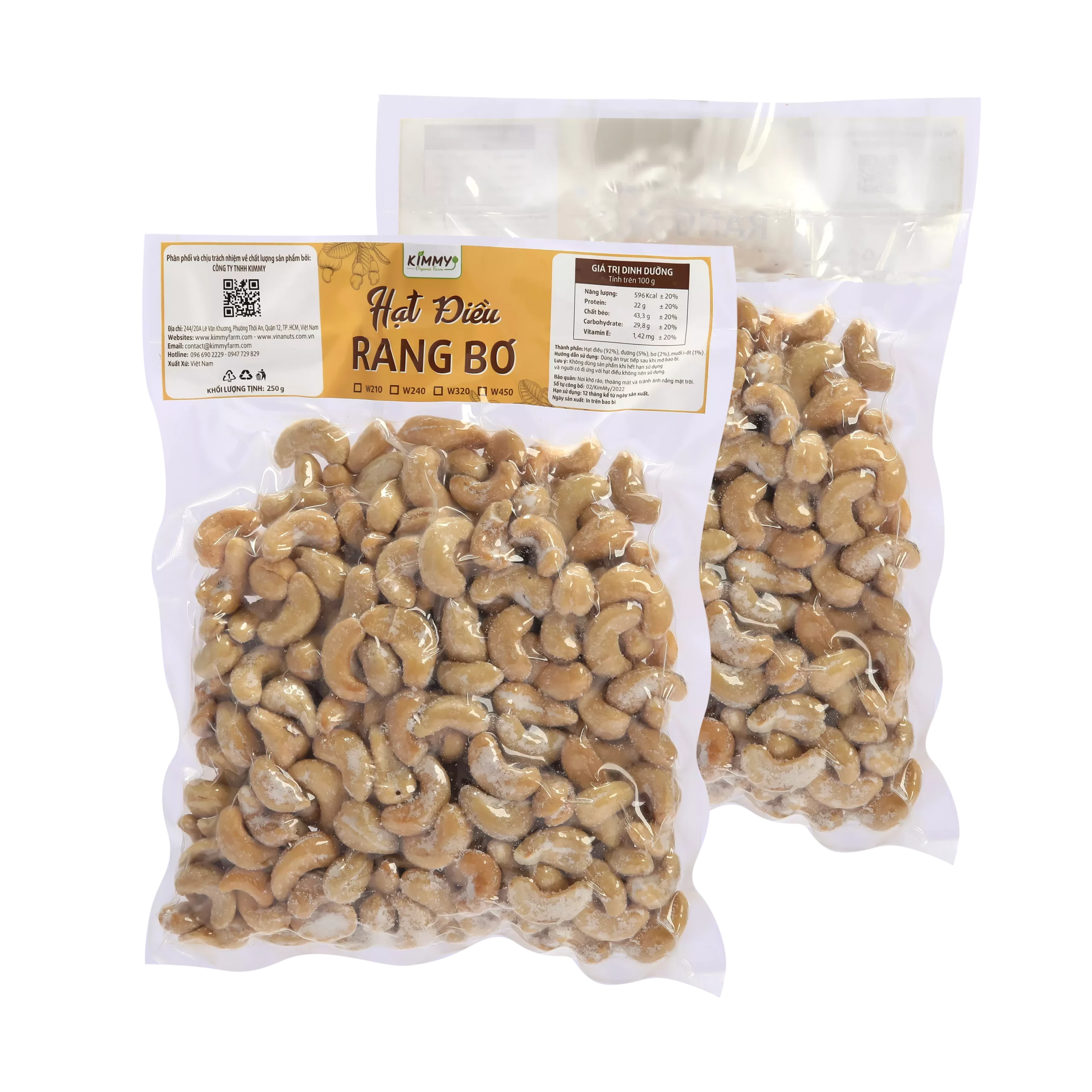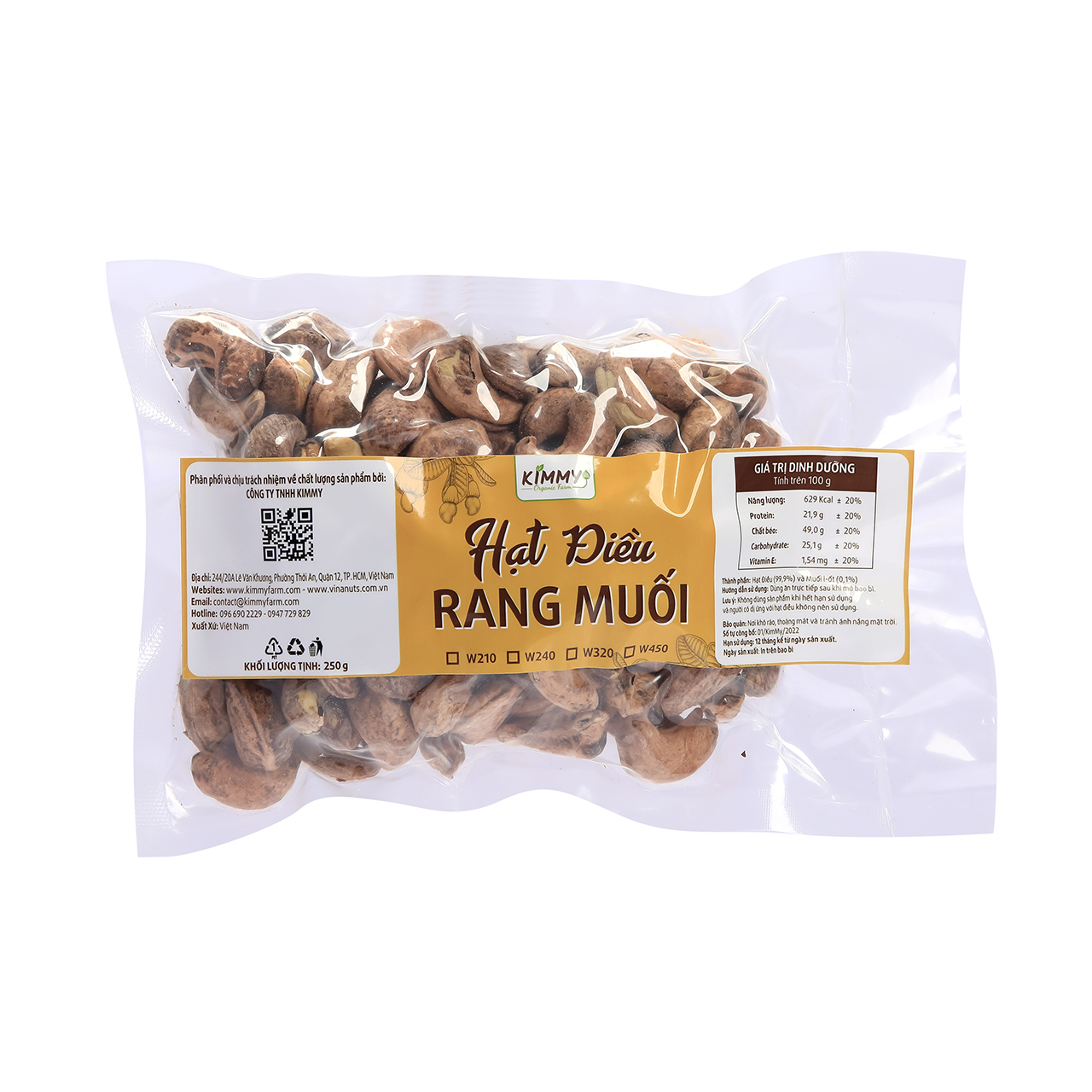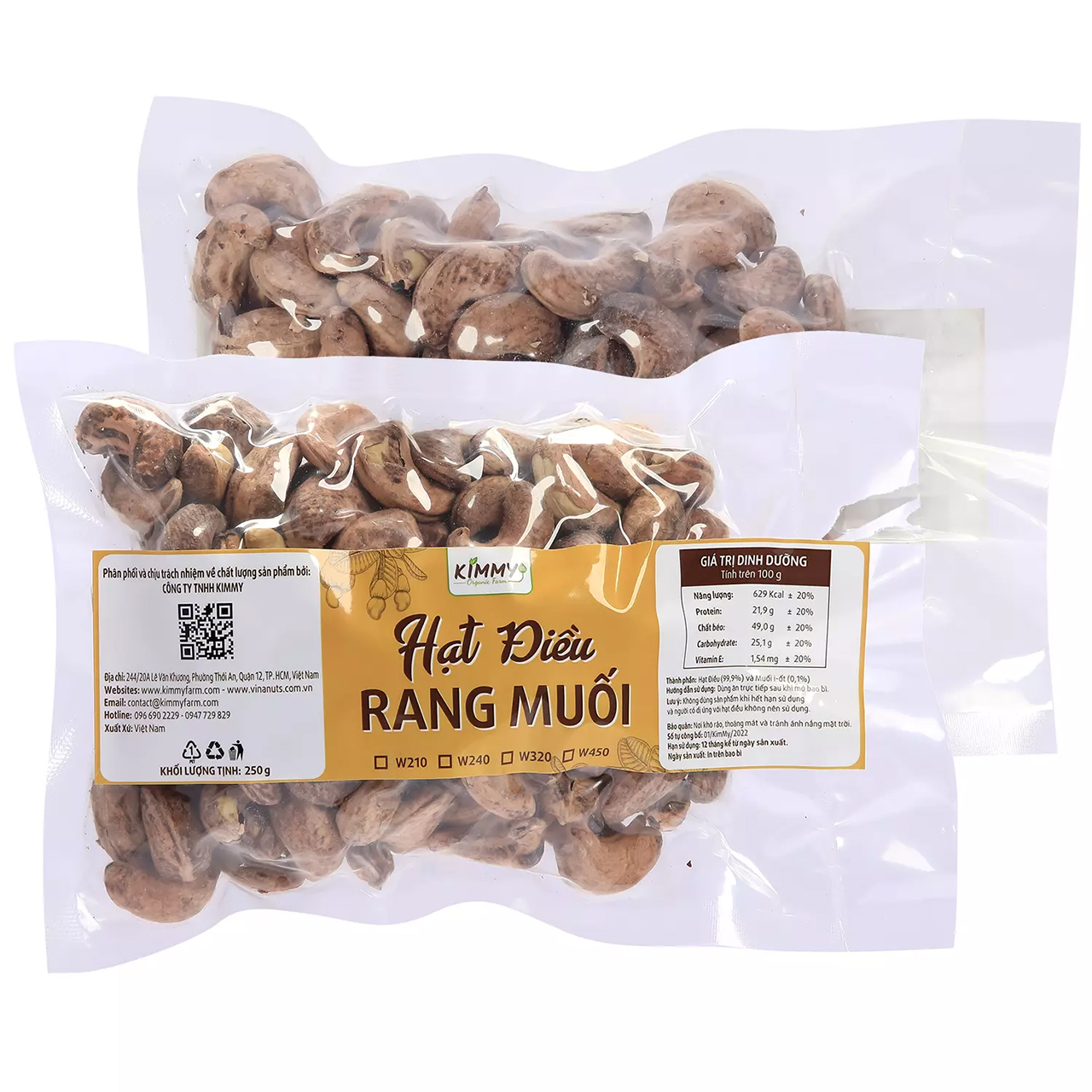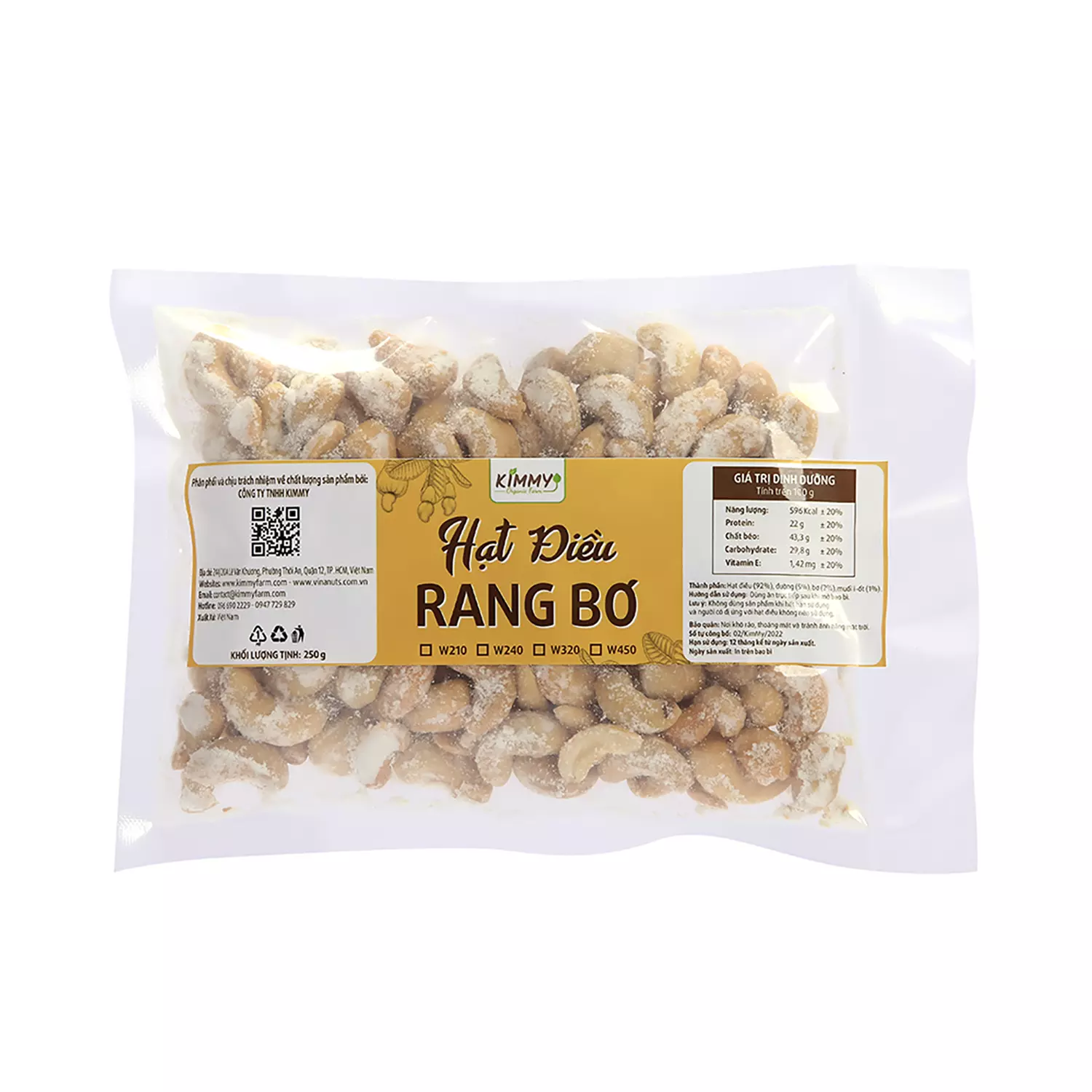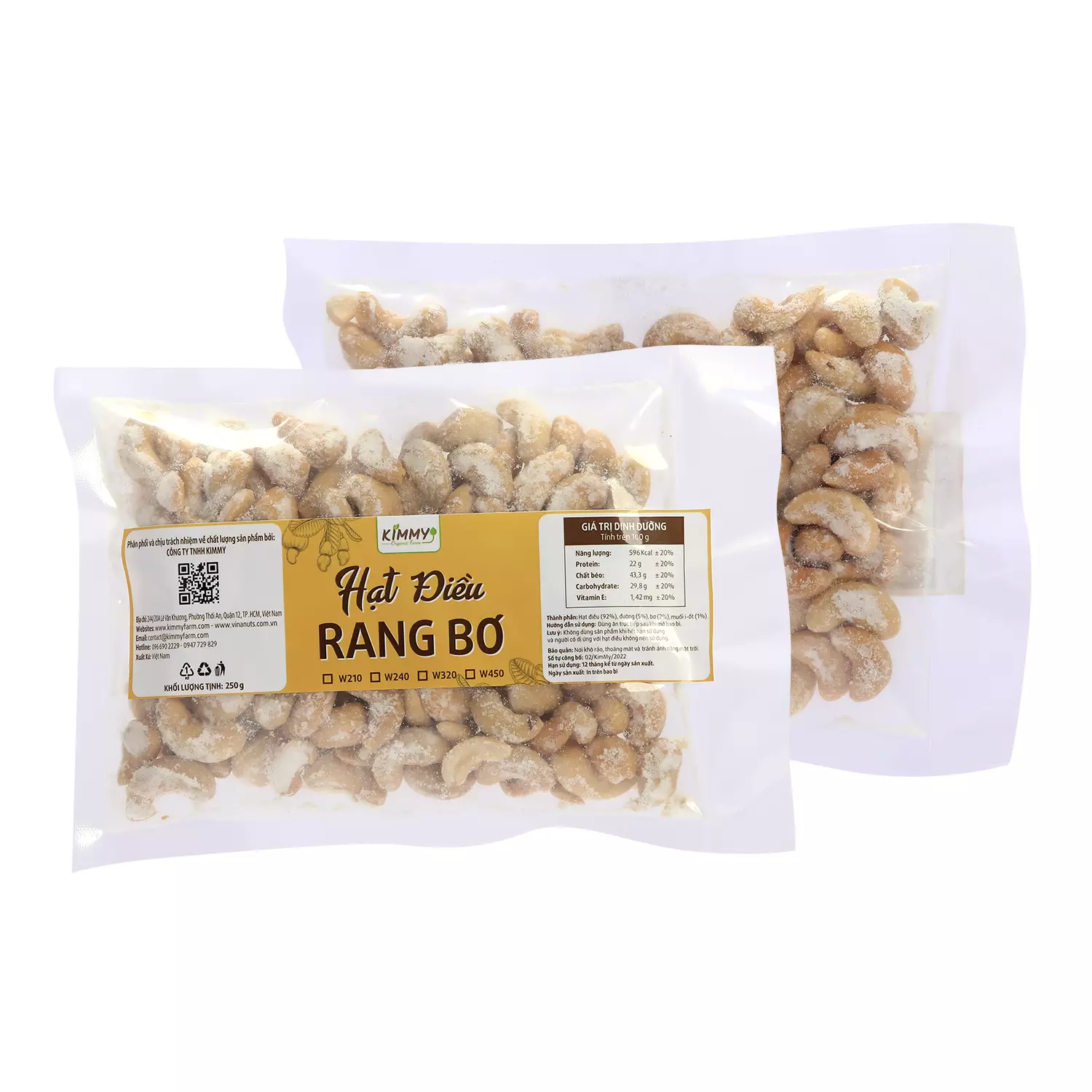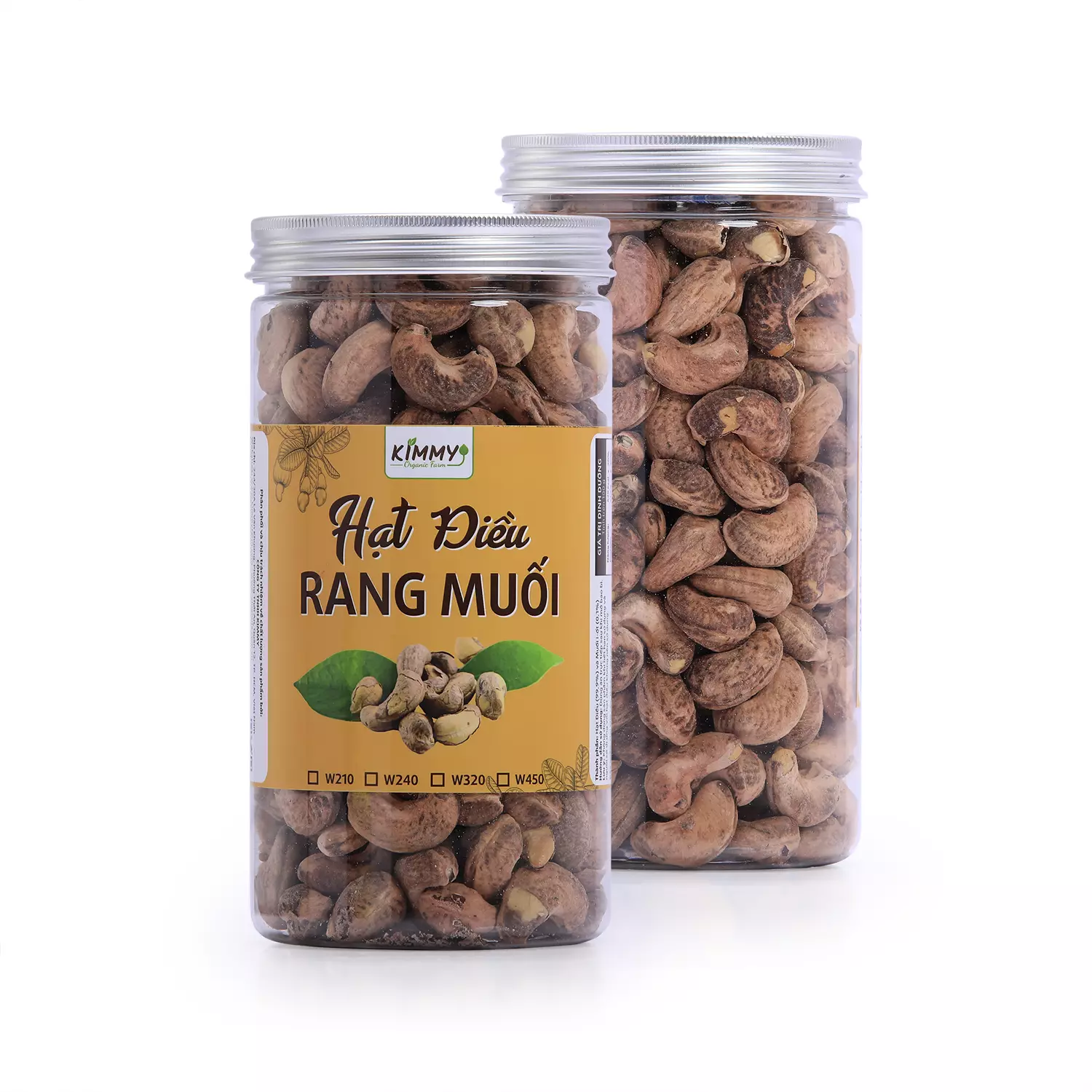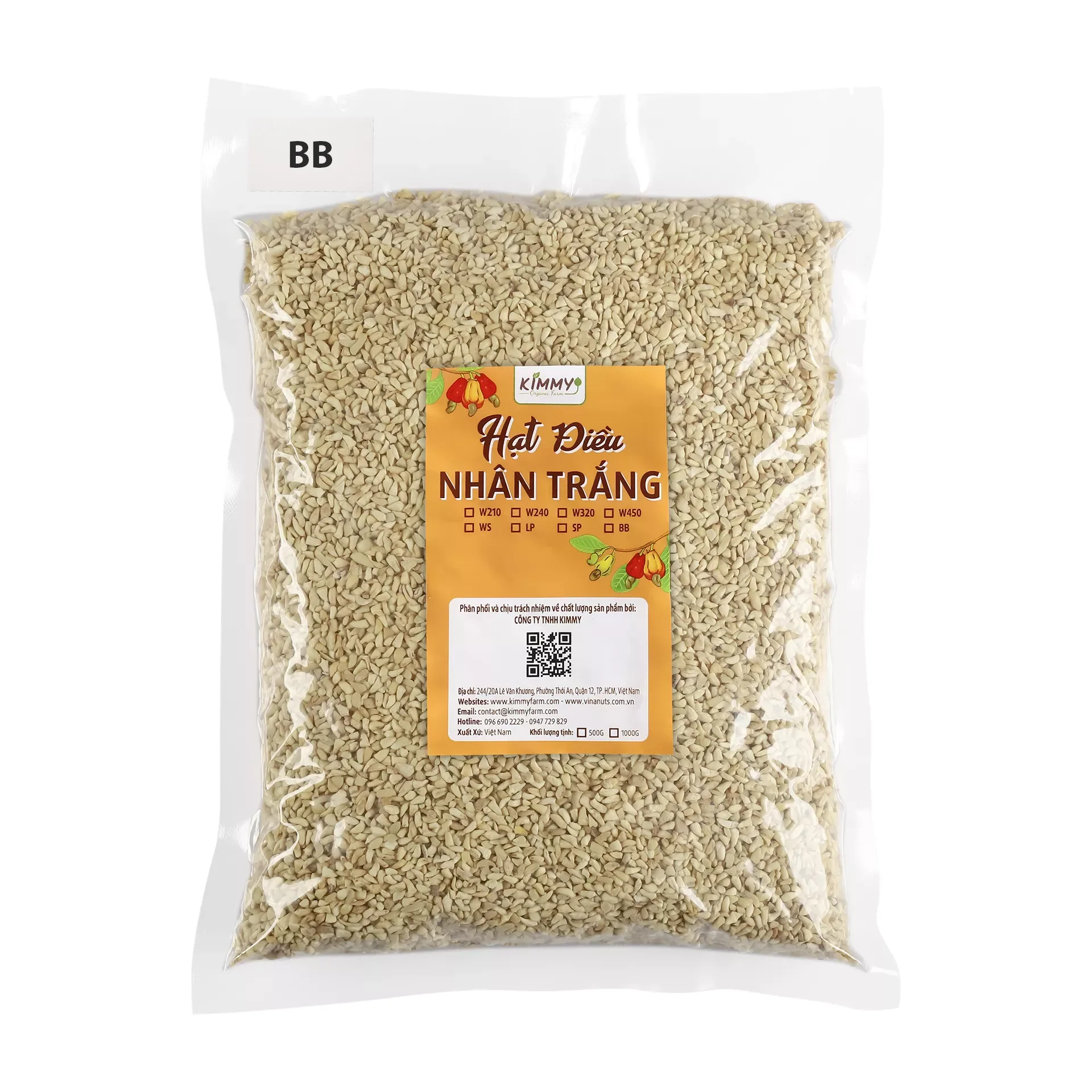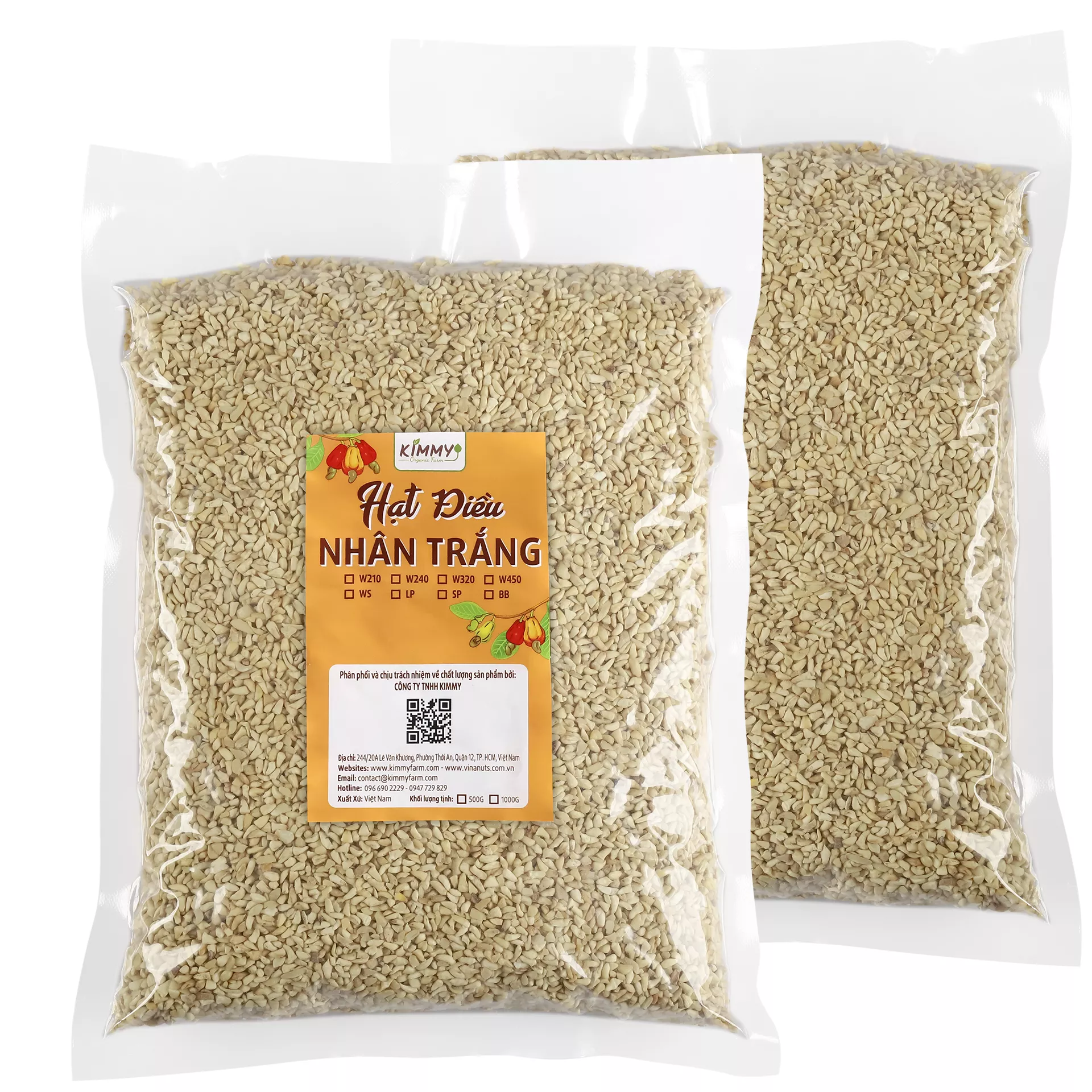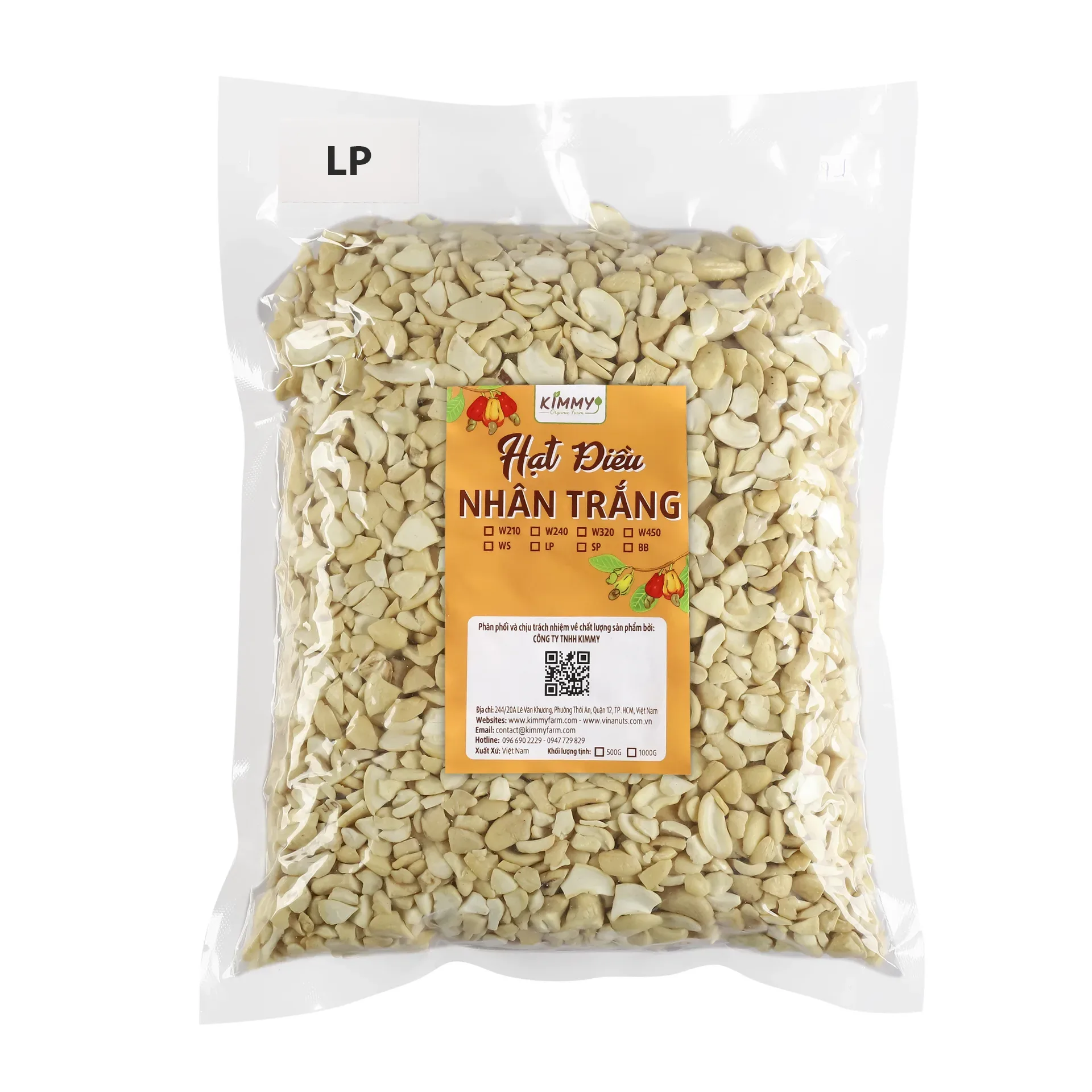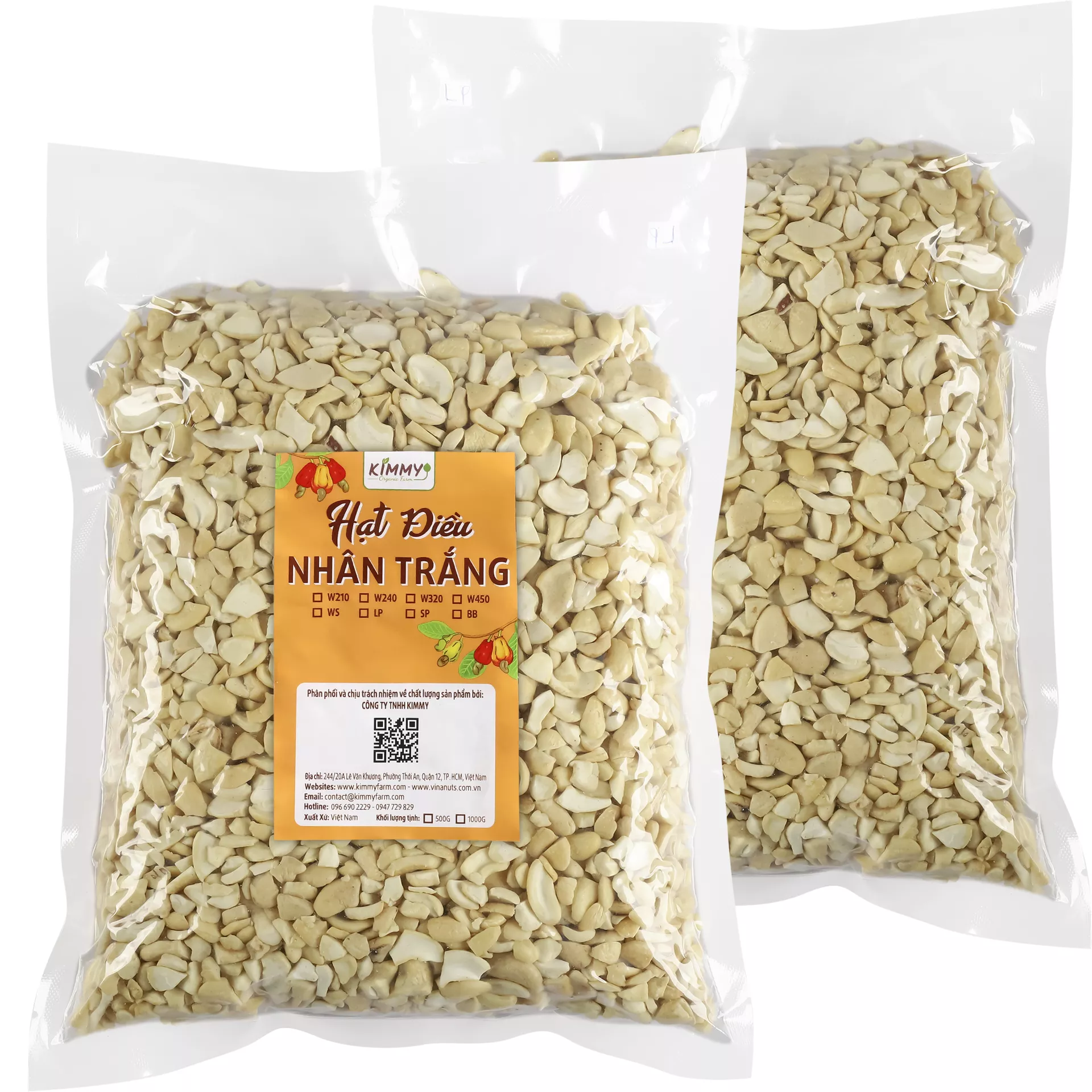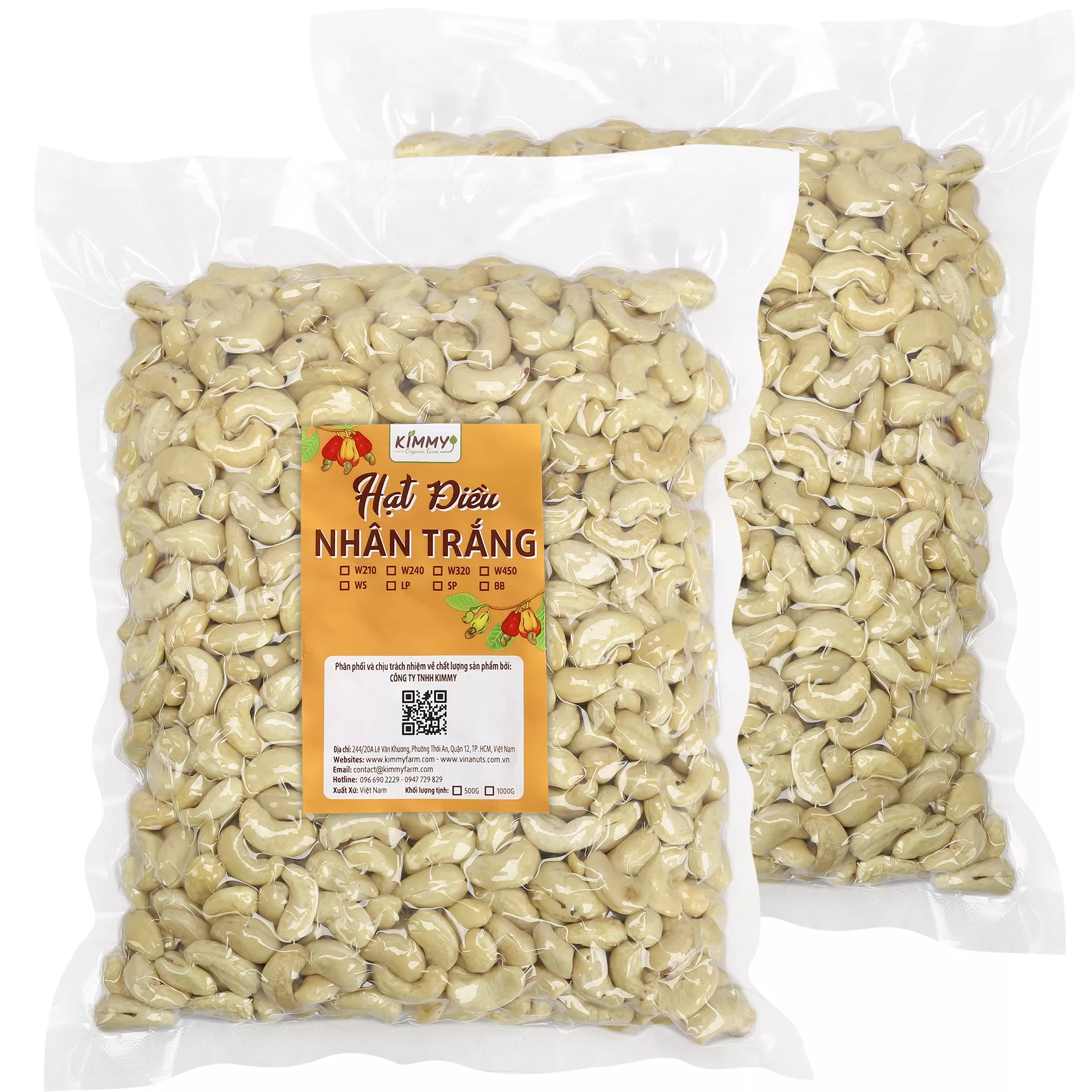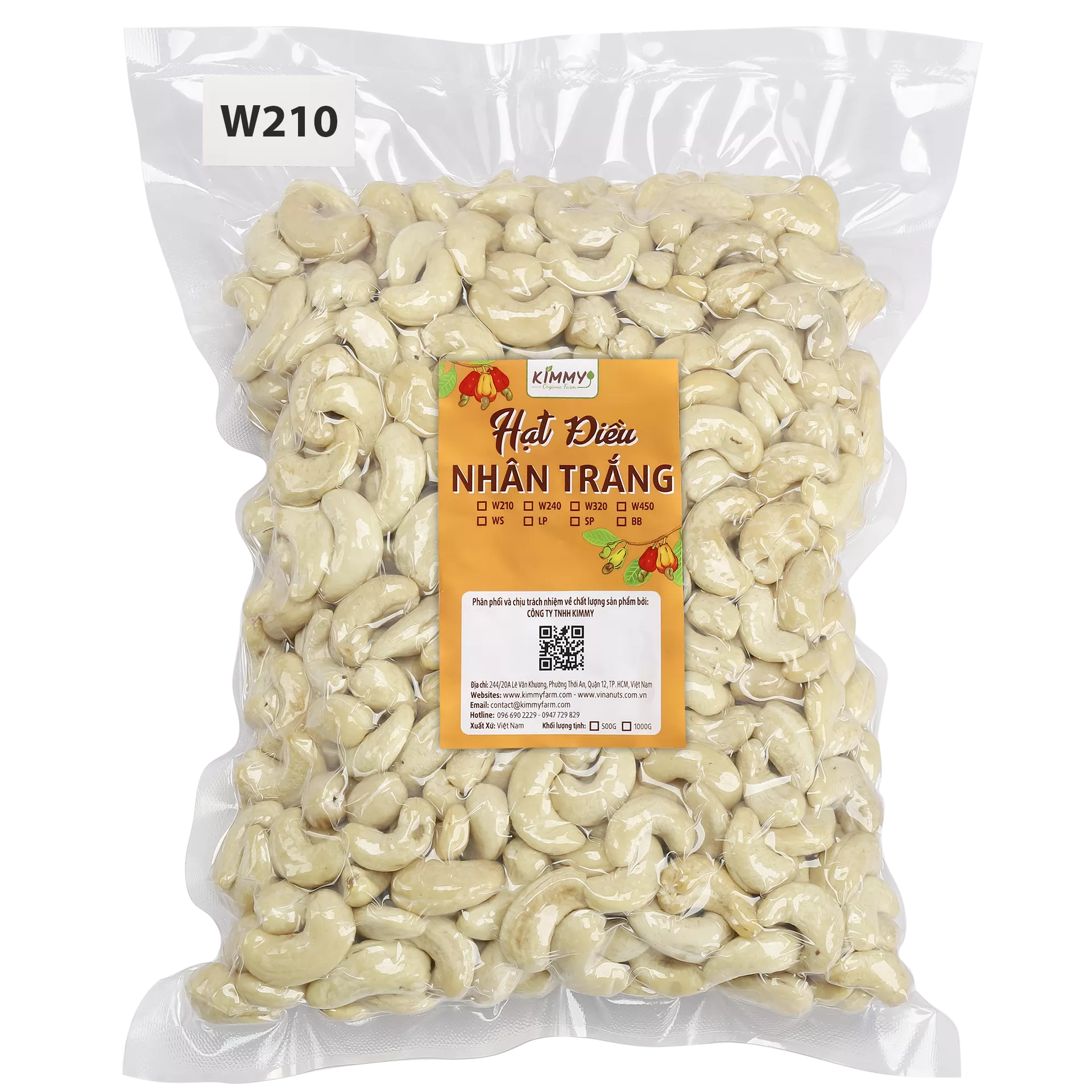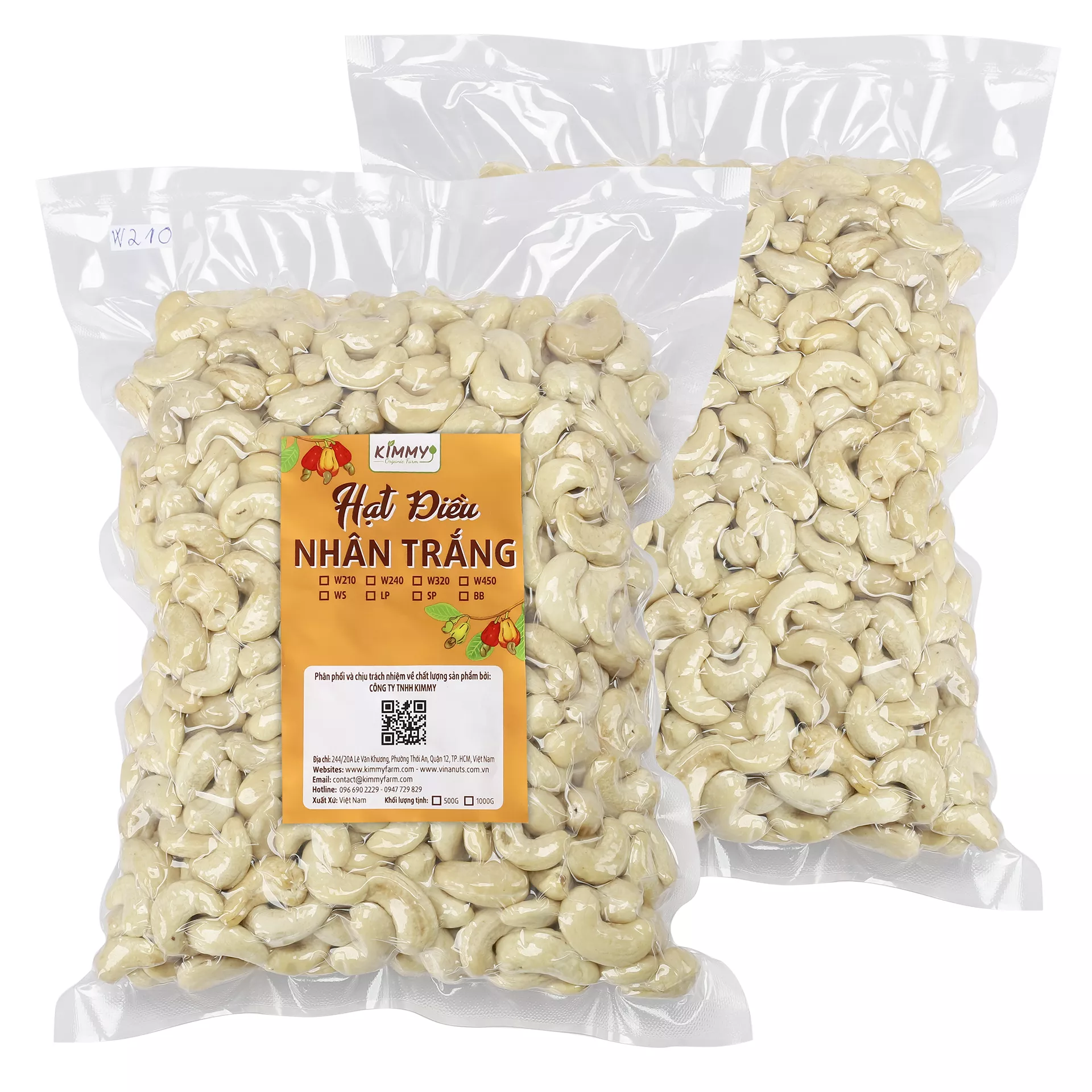Cardanol Oil Cashew Phenol Vietnam Supplier
(OUT STOCK)
Cardanol (know as cashew phenol, Cardanol-phenol resin) is a phenolic lipid obtained from anacardic acid, the main component of cashew nutshell liquid (CNSL), a byproduct of cashew nut processing. Cardanol finds use in the chemical industry in resins, coatings, frictional materials, and surfactants used as pigment dispersants for water-based inks.
Specification of Cardanol Oil:
| Specifications | Standard Quality | Special Quality |
| Structural Formula | OH C6H4C15H27 | OH C6H4C15H27 |
| Density | 0.9272 – 0.9350 | 0.9272 – 0.9350 |
| Viscosity at 300C | 55.65 (CP) | 55.65 (CP) |
| Melting point (Less than) | 500C | 500C |
| Volatiles Maximum as per IS 101-1964 | 1% | 1% |
| Ash Contents | Negligible | Negligible |
| Iodine Value IS 548-1964 (Catalytic Method) | Min 250 | Min 275 |
| Acid Value | Max 5 | Max 5 |
| Hydroxyl Value | 180 – 190 | 180 – 190 |
| Colour Gardener (Freshly Distilled) | Light Brown | Pale Straw |
| Moisture | 1% V/V | 1% V/V |
=>Cardanol Oil Cashew Phenol Price: Contact us for the newest Price!
What is Cardanol Oil?
Cardanol (know as cashew phenol, Cardanol-phenol resin, Cardanol resin, cardanol shell liquid) is a phenolic lipid obtained from anacardic acid, the main component of cashew nutshell liquid (CNSL), a byproduct of cashew nut processing. Cardanol finds use in the chemical industry in resins, coatings, frictional materials, and surfactants used as pigment dispersants for water-based inks. It is used to make phenalkamines, which are used as curing agents for the durable epoxy coatings used on concrete floors. The name of substance is derived by contraction from the genus Anacardium, which includes the cashew free, Anacardium occidentale. The name of genus itself is based on the Greek word for heart. Cardanol contributes to improved flexibility, good drying after baking, high electric insulation properties, and thermal stability. These properties make Cardanol an effective substitute for petroleum-based Phenol.
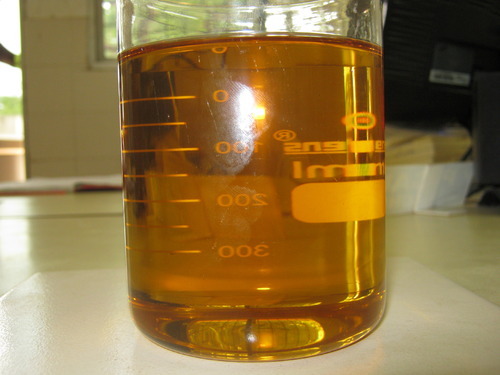
Cardanol Resin Used For?
Cardanol finds use in the chemical industry in Oil and Alcohol soluble resins, laminating resins, rubber compounding, and coatings, serving as an excellent raw material for the preparation of high-grade insulating varnishes, paints, enamels. It is used in friction materials, and surfactants as pigment dispersants for water-based inks and to make phenalkamines, which are used as curing agents for the durable epoxy coatings used on concrete floors. Cardanol can substitute Phenol in up to 30% in phenolic resins used as plywood bonding resin and for the lamination industries.
- Surface Coatings & Paints Marine Coating
- Cardanol use for Primer Paint
- Cardanol Resin use for Enamel
- Cardanol Resin use for Paints
- Cardanol for Rubber
- Brake Lining & Clutch Facings
We have Cashew farms and Factory in Binh Phuoc, and we have Office in Ho Chi Minh City (Saigon), Vietnam, sell to Domestic Market (75.00%), Southeast Asia (10.00%), North America (5.00%), Southern Europe (5.00%), Western Europe (5.00%).
We are willing to sell first unlimited quantity orders.
We have Live support at Zalo, Whatsapp, Viber, Line… in Vietnam daytime working hours and by email in 24 hours.
We will meet your quality standard at proper market price. As we believe the quality is the most important factor we will provide the best quality with reasonable price.
YES! We can Supply Free Samples, but the shipping cost be paid by our customers or you can arrange a courier to take the sample, we will supply free samples at our factory.
Please tell me your detailed requirements, we will send to you as early as we can. For specified requirements, we can supply in 3 working days. And for any special custom requirements, we will try to meet your lead time.
Yes, we do, 100% QC inspection before shipment. Your QC inspection or the third party is highly appreciated and a must for new customers.
2 tinned boxes of 11.34kg in one carton box or PP of 25kg or 50kg ….or we can pack as customer’s request.
Yes, We Accept OEM & ODM.
Rich export experience, with high quality products, competitive prices, superior service and on-time delivery.
Yes, and an scheduled visit/appointment is a priority.
- A) 50% deposit in advance, 50% balance T/T scanned shipping documents.
- B) L/C: Irrevocable L/C L/C at sight
- C) Insurance: To be covered by buyer’s
SAIGON PORT (HCMC)

